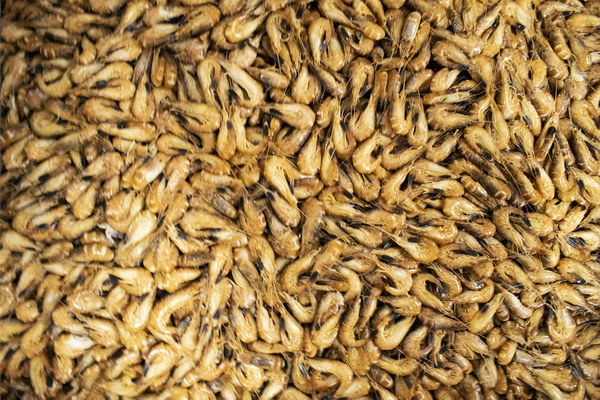Creatinine The Unexpected Liver Guardian
In the world of medical science, there are numerous compounds that have been discovered to possess remarkable health benefits. One such compound is creatinine, often known for its role in kidney function, but recent studies have shown that it also holds the potential to protect and even repair liver damage. This article delves into the fascinating world of creatinine and its surprising role as a liver guardian.
Creatinine, a waste product formed from the breakdown of muscle tissue, has long been recognized as a biomarker for kidney function. It is typically measured in blood and urine tests to assess kidney health. However, research has shown that creatinine levels can also reflect liver health, and it may have a protective effect on the liver.
The liver is a vital organ responsible for filtering toxins from the blood, producing bile for digestion, and synthesizing proteins and cholesterol. Due to its multifunctional nature, the liver is susceptible to damage from various factors, including alcohol, drugs, and viral infections. Liver damage can lead to conditions such as hepatitis, cirrhosis, and liver cancer.
So, how does creatinine come into play? Studies have suggested that creatinine can act as a scavenger of reactive oxygen species (ROS), which are highly reactive molecules that can damage cells and contribute to inflammation and oxidative stress. This protective effect is crucial for the liver, as it is constantly exposed to harmful substances and toxins.
In one study, researchers found that creatinine supplementation improved liver function in patients with chronic hepatitis B. The study revealed that creatinine reduced the levels of ROS in the liver, thereby protecting it from oxidative damage. Furthermore, creatinine was found to increase the activity of antioxidants in the liver, further reinforcing its protective effect.
Another study focused on the effects of creatinine on liver regeneration after partial hepatectomy (removal of a part of the liver). The research showed that creatinine not only promoted liver regeneration but also decreased the incidence of liver fibrosis, which is a condition characterized by the formation of scar tissue in the liver.
The exact mechanism by which creatinine exerts its protective effects on the liver is still under investigation. However, it is believed that creatinine may have several beneficial effects, including:
1. Inhibition of inflammatory pathways: Creatinine may help to reduce inflammation in the liver, which is a key factor in the progression of liver diseases.
2. Antioxidant properties: Creatinine's ability to scavenge ROS can protect liver cells from oxidative damage.

3. Enhanced liver regeneration: Creatinine may stimulate the growth of new liver cells, thereby aiding in liver regeneration.
4. Reduction of fibrosis: By preventing the formation of scar tissue, creatinine can help to preserve liver function.
While creatinine shows promise as a liver protector, it is essential to note that more research is needed to fully understand its potential benefits and to determine the optimal dosage and administration methods. Moreover, individuals with kidney disease should consult with their healthcare provider before taking creatinine supplements, as it may affect kidney function.
In conclusion, creatinine, a compound once solely associated with kidney function, has emerged as an unexpected liver guardian. Its ability to protect and even repair liver damage through various mechanisms offers hope for those suffering from liver diseases. As research continues to unfold, creatinine may one day become an essential component of liver health management, providing a natural and effective solution for safeguarding this vital organ.









